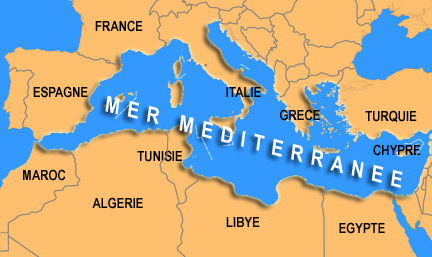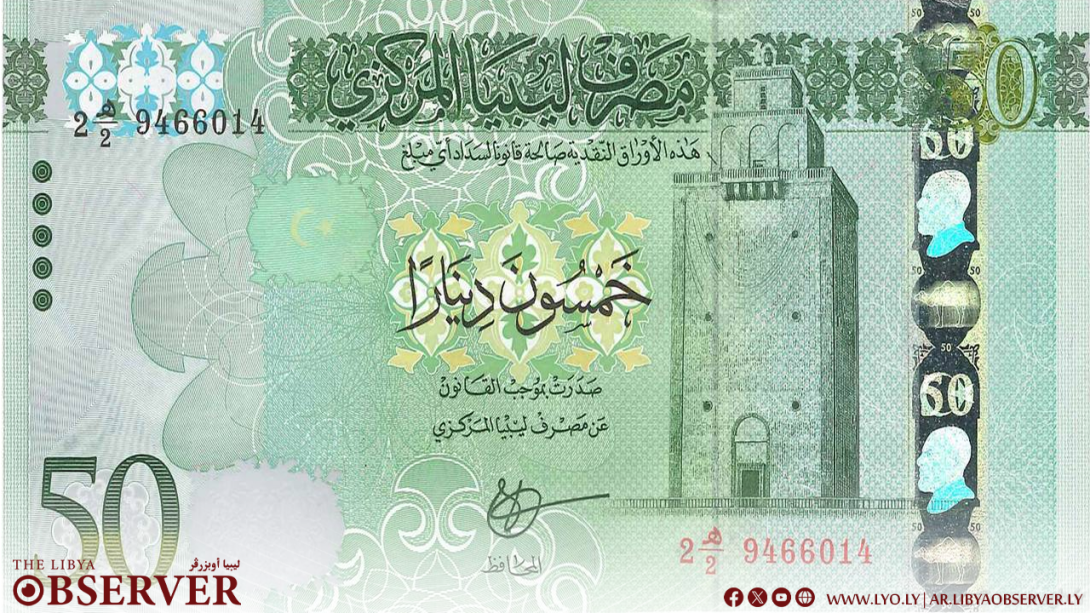Libya’s National Oil Corporation (NOC) announced this December that it has transferred over $14.8 billion in oil revenues to the Central Bank of Libya since the beginning of 2024. This substantial amount was sent through 23 separate transactions, highlighting the vital role of oil in sustaining Libya’s economy.
According to the NOC’s statement, the precise total transferred as of the end of business hours on Monday, December 2, reached $14,787,184,278.
The NOC emphasized its commitment to fulfilling its financial obligations, confirming that it continues to transfer oil revenues to the Central Bank in line with its responsibilities and standard procedures. To ensure transparency, the corporation also published a detailed table outlining the exact amounts and dates of each transaction.
This latest figure marks a notable increase of over $400 million and two additional transfers since the NOC’s last update on November 25, when it reported $14.4 billion had been transferred via 21 transactions. The uptick reflects Libya’s steady oil production and export activities, despite ongoing political and security challenges.
The NOC’s announcement underscores the importance of the oil sector as a cornerstone of Libya’s economy, providing essential funding for government operations and public services. However, it also draws attention to broader discussions about the equitable distribution of oil revenues in a nation grappling with political fragmentation and economic disparity.
The Central Bank of Libya, as the recipient of these revenues, plays a pivotal role in managing and allocating the funds to various sectors. Observers have called for increased transparency and accountability in the use of these oil revenues, particularly given Libya’s continued efforts to stabilize its economy and address pressing needs, such as infrastructure development, healthcare, and education.
This transfer milestone reaffirms Libya’s position as a key oil producer in the region, while also serving as a reminder of the ongoing need for institutional reforms and international support to ensure that the nation’s vast oil wealth benefits all its citizens.



